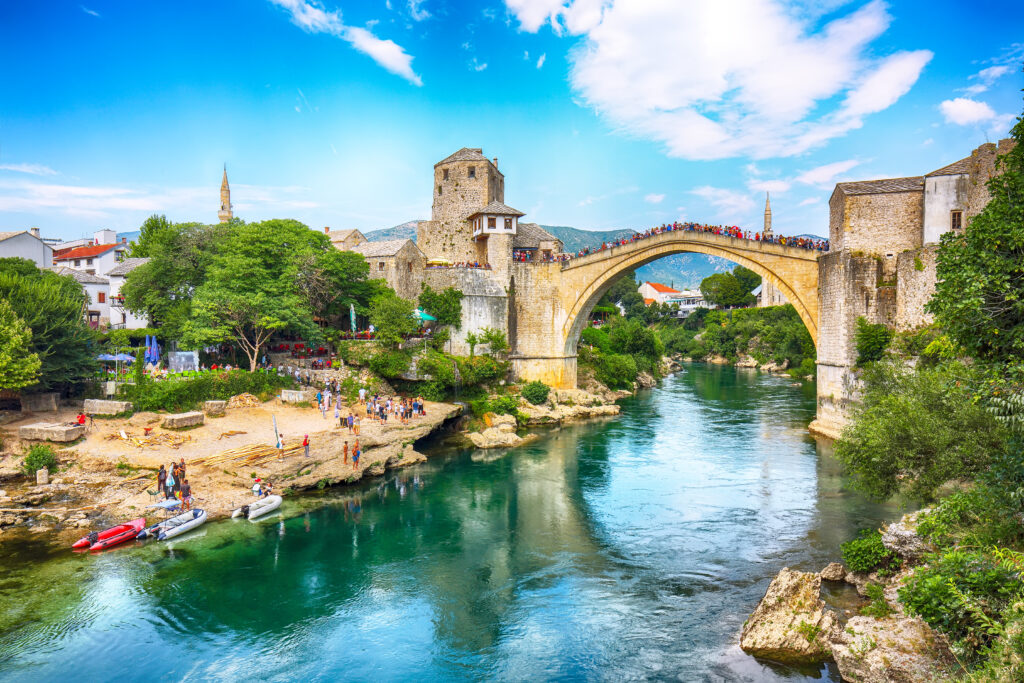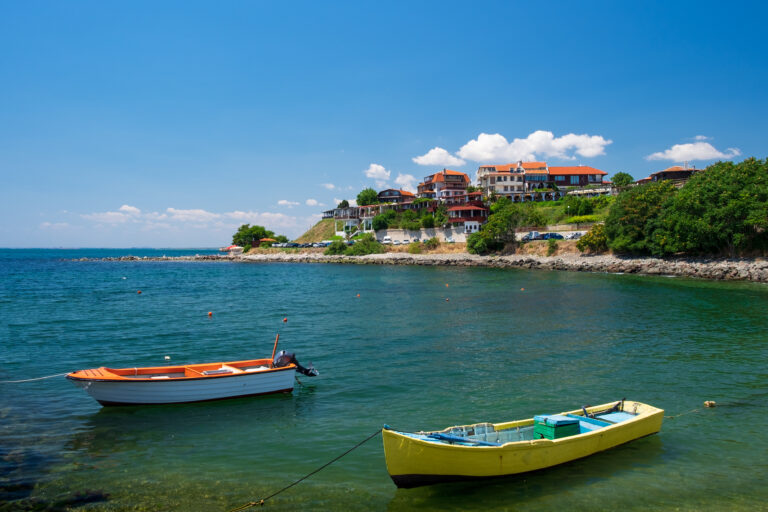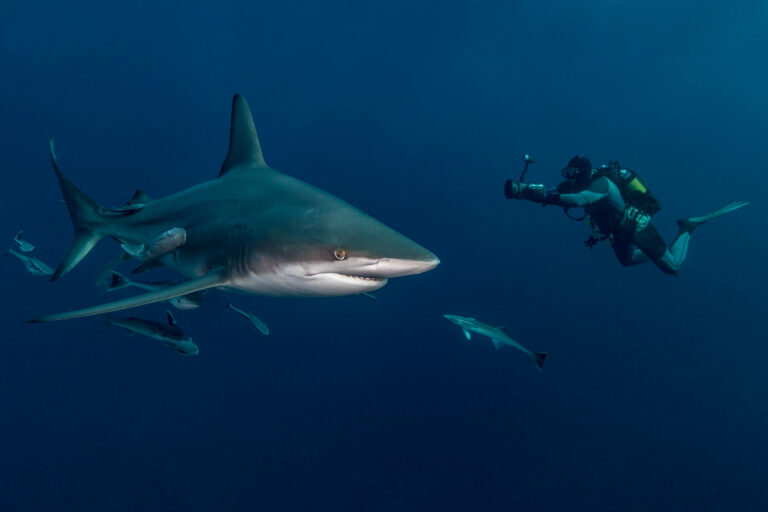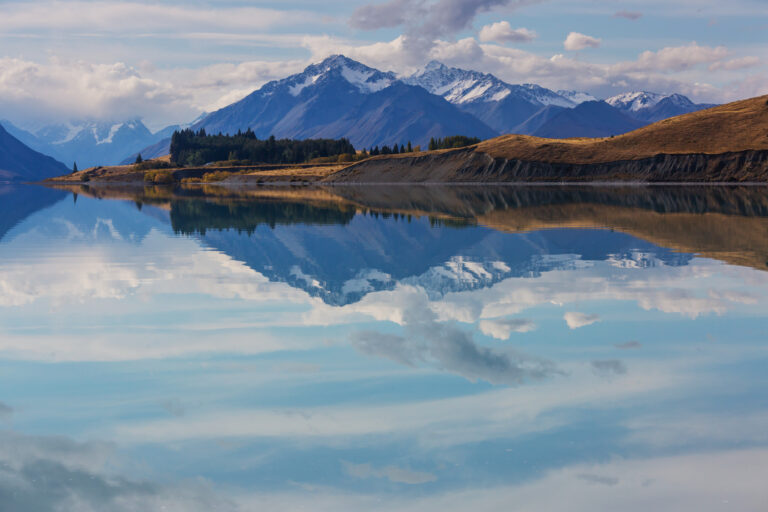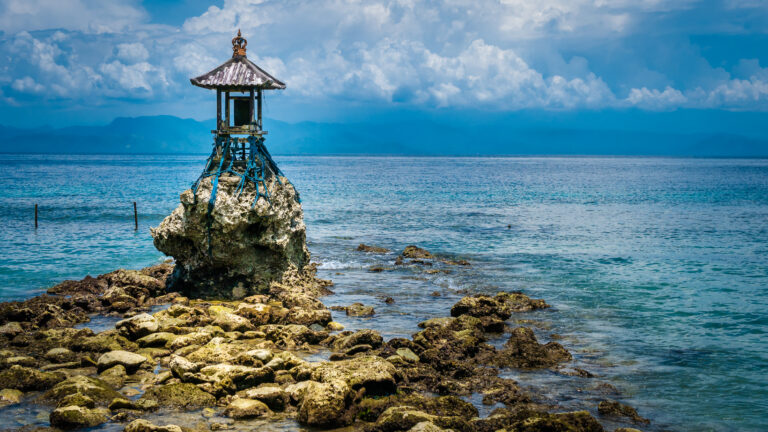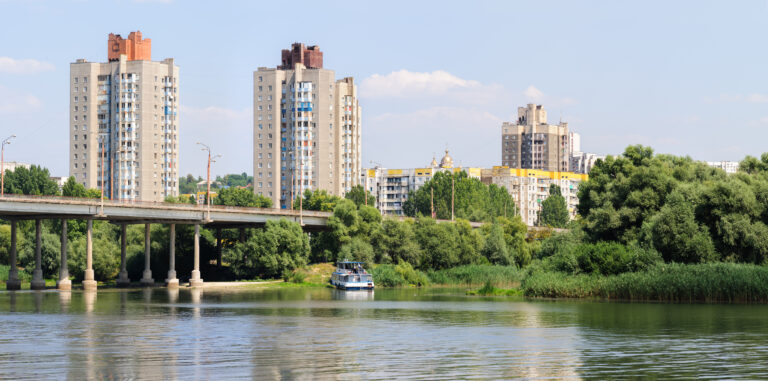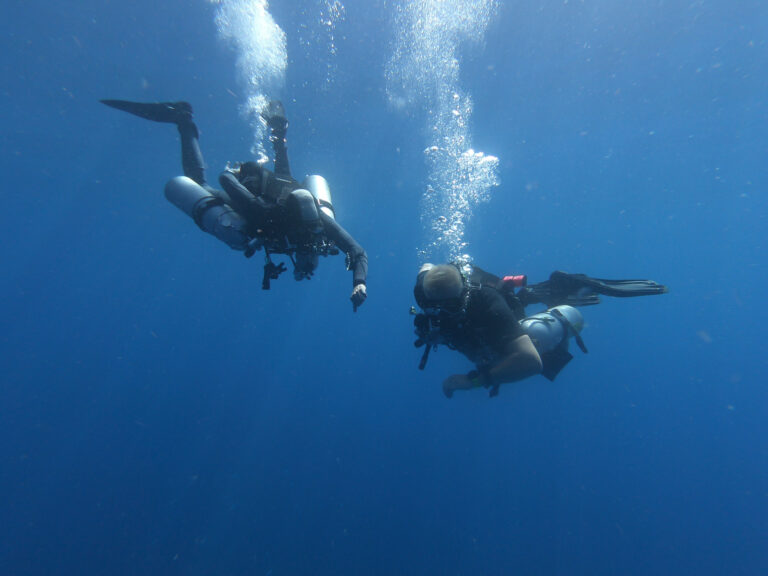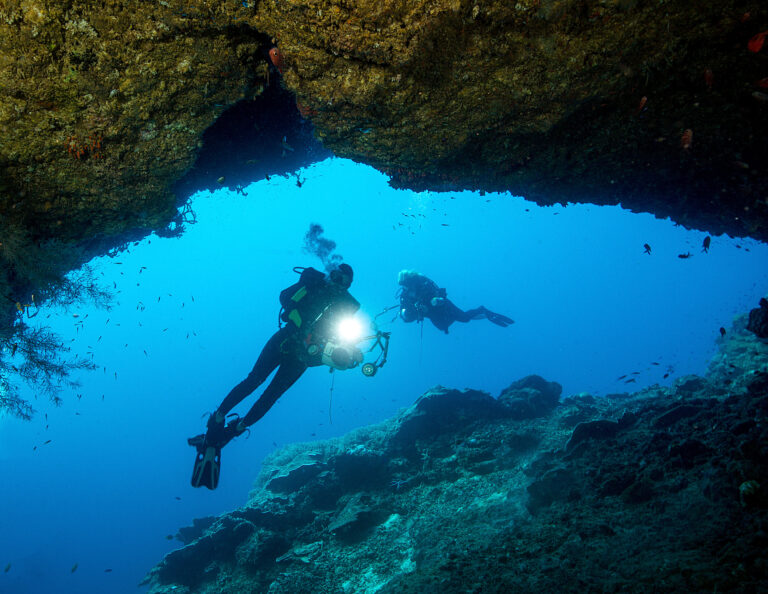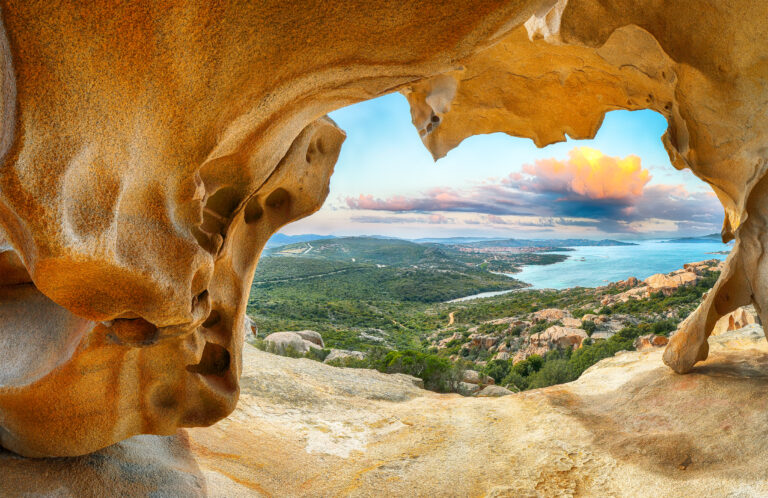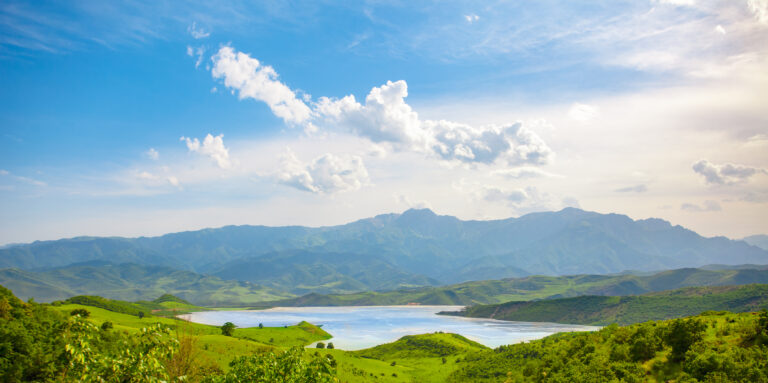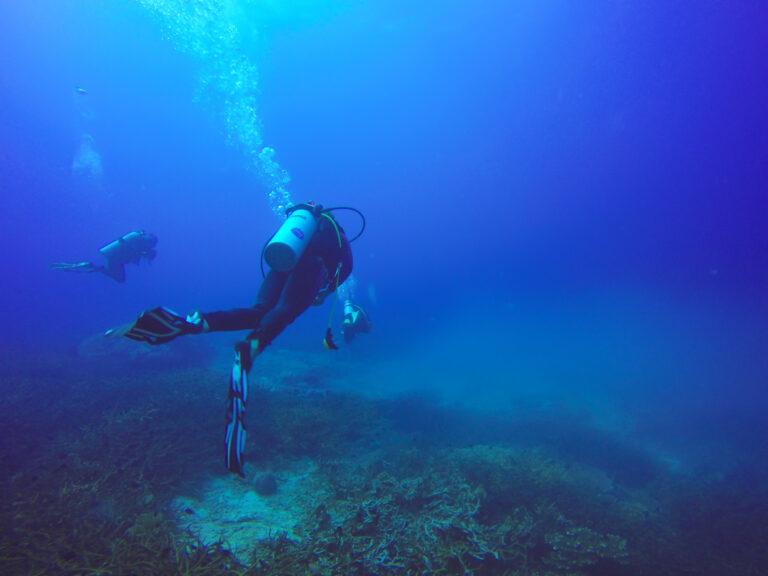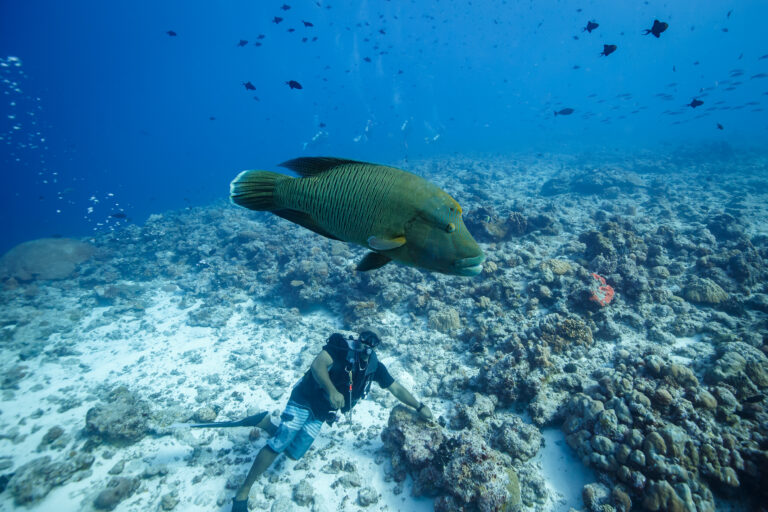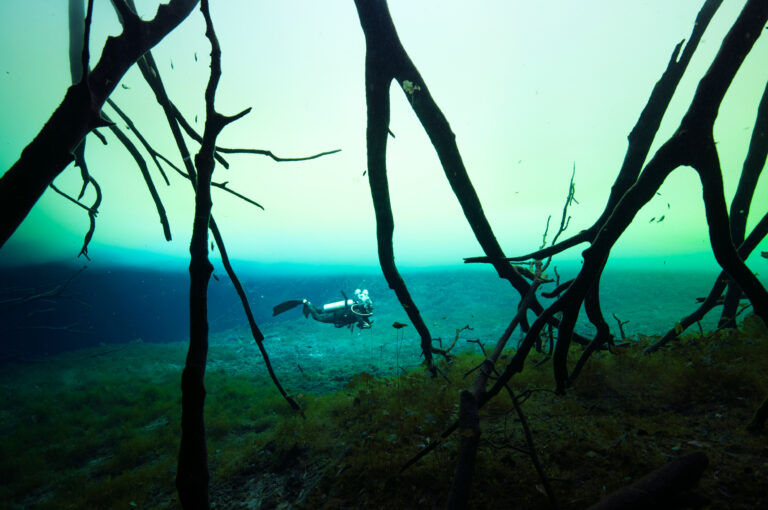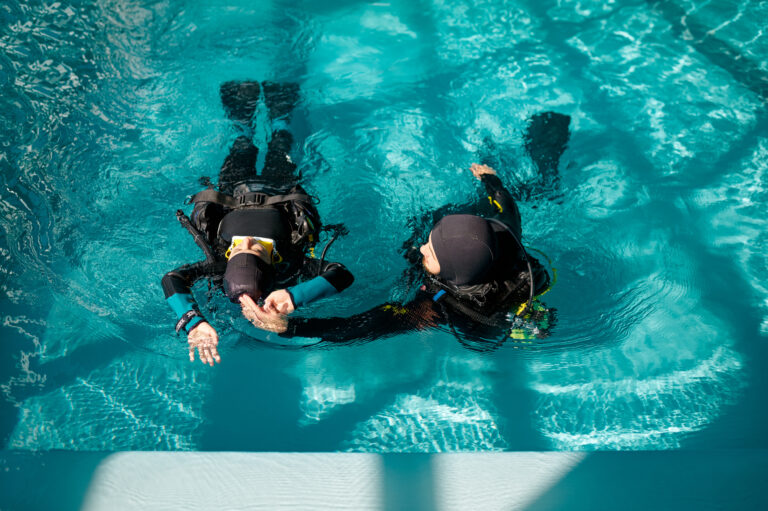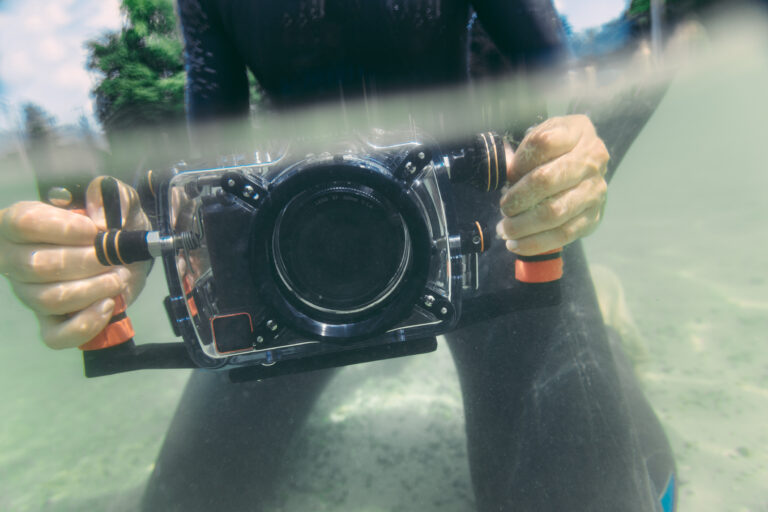SCUBA DIVERS’ TRAVEL GUIDE TO Bosnia and Herzegovina
Bosnia and Herzegovina is a land of contrasts, where the rugged mountains meet the serene rivers, where the ancient history blends with the modern culture, and where the scuba diving opportunities are diverse and thrilling. Whether you want to explore the underwater caves, wrecks, and canyons of the Adriatic Sea, or dive into the crystal-clear lakes and rivers of the inland, you will find something to suit your taste and skill level. Bosnia and Herzegovina is a hidden gem for scuba divers who want to discover a new and exciting destination, rich in natural beauty, cultural heritage, and friendly hospitality. Come and dive into the heart of the Balkans, and experience a scuba diving adventure like no other.
LOCATION AND GEOGRAPHY
Bosnia and Herzegovina, a heart-shaped land nestled in the Balkans, may not be the first destination that springs to mind for scuba diving enthusiasts, given its lack of direct access to the open sea. However, this intriguing country offers a unique underwater experience in its crystalline rivers and lakes. The Trebišnjica River, one of the longest sinking rivers in the world, provides a mysterious and thrilling dive location, with its submerged caves and tunnels waiting to be explored. The Jablanica Lake, formed by the damming of the Neretva River, reveals a haunting underwater museum where the remnants of a WWII bridge and train lie. Divers can also explore the tectonic lake of Prokoško, set amidst the Vranica mountain in central Bosnia, known for its high-altitude diving and endemic species. Bosnia and Herzegovina’s inland waters, with their rich history and biodiversity, offer a distinctive diving adventure that contrasts sharply with the typical coral reef dives, making it a hidden gem for divers seeking the road less traveled.
VISA AND ENTRY REQUIREMENTS
Before planning your scuba diving adventure in Bosnia and Herzegovina, it is essential to understand the visa and entry requirements for this captivating destination. Travelers from many countries, including the United States, Canada, the EU, and Australia, do not require a visa for stays up to 90 days within a 180-day period. However, your passport must be valid for at least three months beyond your planned departure date from Bosnia and Herzegovina. Visitors must also register with the local police within 24 hours of arrival, a task often handled by hotels upon check-in. For those coming from countries that do require a visa, applications should be made in advance through the nearest Bosnian embassy or consulate. Always check the latest immigration rules before your trip, as policies can change. Once you’ve ensured your paperwork is in order, you can look forward to exploring the underwater treasures of Bosnia and Herzegovina’s unique freshwater diving spots, such as the Tijesno Canyon in the Vrbas River or the enchanting Modro Lake.
GETTING TO Bosnia and Herzegovina
Bosnia and Herzegovina, while not typically renowned for its scuba diving, offers a unique experience for those looking to explore freshwater diving in its rivers and lakes. To reach this off-the-beaten-path diving destination, travelers will most commonly fly into Sarajevo International Airport, the country’s main international gateway, which is well-connected to major European cities. Alternatively, visitors can fly into airports in Mostar or Banja Luka, depending on their itinerary. For those already in Europe, driving or taking a bus can be a scenic and cost-effective option, with well-maintained roads leading into Bosnia and Herzegovina from neighboring Croatia, Serbia, and Montenegro. Train services are limited but can be a picturesque way to travel from certain locations. Once in the country, renting a car is advisable for the greatest flexibility to reach the various inland dive sites, such as the stunning Pliva Lakes or the Trebišnjica river, which are not typically served by public transport.
BEST TIME TO DIVE
Bosnia and Herzegovina, while not typically renowned for its scuba diving, offers a unique experience for those willing to explore its freshwater diving spots, particularly the Trebišnjica River and its tributaries, as well as the Jablanica Lake. The best time to scuba dive in Bosnia and Herzegovina is during the late spring through early autumn months, from May to September, when the water temperatures are more comfortable, ranging from 13°C to 20°C (55°F to 68°F). Visibility in these freshwater sites can be surprisingly clear, especially during the summer months. However, divers should be aware that outside of this period, the temperatures can drop significantly, and the diving conditions can become more challenging due to increased water flow from snowmelt or rainfall. Always check local conditions and consult with dive centers in the area for the most current information before planning your dive.
ACCOMMODATION OPTIONS
Accommodation options for scuba divers in Bosnia and Herzegovina, while not as extensive as in traditional diving destinations, offer a range of choices to suit different preferences and budgets. In the town of Neum, the country’s only coastal town, divers can find a selection of hotels and private apartments that provide convenient access to the Adriatic Sea. For those looking to explore the freshwater diving opportunities, such as the tectonic lake Prokoško or the Hutovo Blato Nature Park, cozy guesthouses and eco-lodges are available, often run by locals who can share invaluable insights into the best diving spots. Campsites are also an option for those who wish to be closer to nature. While Bosnia and Herzegovina may not have the extensive dive resorts found in other countries, its accommodations are typically warm and welcoming, with a personal touch that adds to the overall diving experience.
DIVE OPERATORS AND DIVE SHOPS
Bosnia and Herzegovina, while not traditionally renowned for its scuba diving, offers a unique underwater experience for those willing to explore its hidden aquatic treasures. Dive operators and shops in this landlocked country are scarce and primarily concentrated around the small stretch of Adriatic coastline at Neum or in the vicinity of inland rivers and lakes, such as the stunning Una River or the mysterious depths of Jablanica Lake. These dive shops, often family-run and intimate, provide personalized service and are well-versed in the local dive sites, offering guided dives that reveal submerged ruins, freshwater wildlife, and the occasional wartime relic. Divers looking to explore Bosnia and Herzegovina’s waters will find that these operators prioritize safety and environmental conservation, ensuring a responsible and enriching diving experience. It’s advisable to arrange your diving excursions in advance, as the diving season and available services may be limited compared to larger, more established diving destinations.
TRANSPORTATION WITHIN Bosnia and Herzegovina
While Bosnia and Herzegovina may not be the first country that comes to mind for scuba diving, its small Adriatic coastline and inland rivers and lakes offer unique underwater experiences. Transportation within the country is relatively straightforward, with options that cater to various preferences and budgets. For scuba divers looking to explore the hidden aquatic gems, renting a car is the most convenient way to reach dive sites scattered around the country, especially those tucked away in less accessible areas. Public transportation, such as buses and trains, connects major cities and towns, but service to remote dive locations can be limited. In the coastal town of Neum, the country’s only access to the Adriatic Sea, local boat charters are available to take divers to offshore sites. Additionally, some dive shops in the area may offer transport services as part of their dive packages, ensuring that divers can reach their underwater destinations with ease. Always check in advance for schedules and availability, particularly during the off-season, to ensure a smooth journey to Bosnia and Herzegovina’s underwater treasures.
CURRENCY AND PAYMENT METHODS
When traveling to Bosnia and Herzegovina for scuba diving adventures, it’s important to note that the official currency is the Bosnia and Herzegovina convertible mark (BAM), often symbolized as KM. While euros may be accepted in some tourist areas, it’s not the official currency, and relying on it could lead to unfavorable exchange rates. Credit cards are widely accepted in urban centers and at major dive shops and resorts, but it’s advisable to carry cash for transactions in smaller towns or more remote dive sites. ATMs are readily available in cities and larger towns, but ensure you have enough local currency if venturing into less populated areas. It’s also wise to check with your dive operator ahead of time to confirm acceptable payment methods for services like equipment rental, guided dives, and any necessary permits. Keep in mind that tipping for good service is customary, though not as prevalent as in some other countries, and is best done in convertible marks.
LANGUAGE AND COMMUNICATION
When embarking on a scuba diving adventure in Bosnia and Herzegovina, it is helpful to know that the official language is Bosnian, with Croatian and Serbian also widely spoken due to the country’s diverse ethnic composition. English is increasingly understood, particularly within the tourism industry and among the younger population. However, it is not universally spoken, especially in more remote diving locations. Divers are encouraged to learn a few basic phrases in Bosnian, such as “zdravo” (hello), “hvala” (thank you), and “molim” (please), to facilitate smoother interactions with local dive operators and residents. Additionally, familiarizing oneself with common diving signs and gestures can greatly enhance communication underwater, where verbal interaction is not possible. Dive centers in Bosnia and Herzegovina typically have multilingual staff who can assist international visitors, ensuring that language barriers do not detract from the breathtaking experience of exploring the country’s underwater treasures.
LOCAL CULTURE AND ATTRACTIONS
Bosnia and Herzegovina, a country with a rich tapestry of history and culture, offers a unique experience for scuba divers who are also keen to immerse themselves in local traditions and attractions. Above the surface, the country’s diverse heritage is reflected in its Ottoman-influenced architecture, such as the iconic Stari Most bridge in Mostar, and the vibrant Baščaršija bazaar in Sarajevo, where the scent of Bosnian coffee blends with the sounds of sevdalinka music. Visitors can explore medieval fortresses, like the enchanting town of Počitelj, or engage with the poignant history of the region at the Srebrenica-Potočari Memorial. The local cuisine is a hearty affair, with dishes like ćevapi and burek offering a taste of the Balkans that is as rich and complex as the underwater landscapes. After a day of diving in the crystalline waters of the Jablanica Lake or the Hutovo Blato Nature Reserve, the warmth of Bosnian hospitality provides a welcoming embrace, with storytelling and traditional crafts that weave together the threads of the country’s multifaceted identity.
CULTURAL ETIQUETTE AND TIPS
When scuba diving in Bosnia and Herzegovina, it’s important to approach the experience with cultural sensitivity and awareness. As a country with a rich history and diverse cultural tapestry, it’s respectful to learn a few basic phrases in Bosnian, Croatian, or Serbian, depending on the region you’re visiting. Greet dive staff and locals with a warm “Dobar dan” (Good day) and express gratitude with “Hvala” (Thank you). Bosnia and Herzegovina is predominantly Muslim, so be mindful of local customs, especially when visiting coastal towns like Neum. Dress modestly when you’re not in your diving gear, and be discreet if consuming alcohol, as it may be frowned upon in certain areas. Always ask for permission before taking photos of people or private property, and show respect for the environment by not disturbing the marine life or removing artifacts from dive sites, many of which hold historical significance. Remember that the country is still healing from past conflicts, so avoid sensitive topics related to the war. Instead, engage with locals by showing interest in their culture and traditions, which may lead to enriching exchanges and a deeper understanding of this captivating diving destination.
LOCAL LAWS AND REGULATIONS RELEVANT TO TOURISTS
When planning a scuba diving trip to Bosnia and Herzegovina, it is crucial to familiarize yourself with the local laws and regulations to ensure a safe and lawful experience. Diving activities in Bosnia and Herzegovina are regulated to protect both the divers and the aquatic environment. Tourists must ensure that they dive with a certified local dive operator, as they are knowledgeable about specific regulations, such as dive site accessibility, permissible depths, and areas where diving is restricted or prohibited due to environmental or historical preservation efforts. It is mandatory to carry a valid diving certification card and logbook, and divers are often required to have recent dive experience or undergo a check-out dive. Additionally, Bosnia and Herzegovina may have specific rules regarding the collection of artifacts or interaction with marine life, and it is essential to adhere to these to avoid fines or legal issues. Always check for the latest information on protected areas, as well as any seasonal restrictions that may be in place, and remember that diving insurance is highly recommended, if not obligatory, for all divers within the country.
SAFETY TIPS AND EMERGENCY CONTACTS
When planning a scuba diving trip to Bosnia and Herzegovina, safety should be your top priority. Always ensure that your diving equipment is in good condition and that you are diving within the limits of your certification and experience. It is crucial to be aware of the local diving conditions, such as water temperature, visibility, currents, and any potential hazards unique to the dive sites in Bosnia and Herzegovina. Dive with a buddy and maintain good communication throughout your underwater adventure. Familiarize yourself with the local emergency procedures and have the contact information for the nearest hyperbaric chamber, which is located at the Clinical Center of the University of Sarajevo (contact number: +387 33 297 000). Additionally, keep the numbers for local emergency services, such as the police (122), ambulance (124), and the emergency rescue service (121), readily accessible. It is also advisable to have comprehensive dive insurance that covers emergency medical treatment and evacuation. By following these safety tips and having emergency contacts at hand, you can enjoy the stunning underwater landscapes of Bosnia and Herzegovina with peace of mind.
HEALTH AND TRAVEL INSURANCE
When planning a scuba diving trip to Bosnia and Herzegovina, it is crucial to consider your health and travel insurance coverage. While Bosnia and Herzegovina may not be the first country that comes to mind for underwater exploration, it offers unique diving experiences, such as freshwater diving in the Trebišnjica River or exploring the submerged ruins in Jablanica Lake. However, diving always carries inherent risks, and access to hyperbaric chambers or specialized medical care may be limited. Therefore, divers should ensure their insurance covers hyperbaric treatment and emergency medical evacuation, which can be costly and complex in remote areas. Additionally, verify that your policy includes coverage for diving-related incidents and understand the depth limits of your coverage, as recreational diving depths can vary. It’s also wise to have a comprehensive travel insurance policy that covers trip cancellations, lost gear, and other unforeseen circumstances. Always carry proof of your insurance and emergency contact information with you. By being proactive with your health and travel insurance, you can dive into the natural beauty of Bosnia and Herzegovina’s waters with peace of mind.

